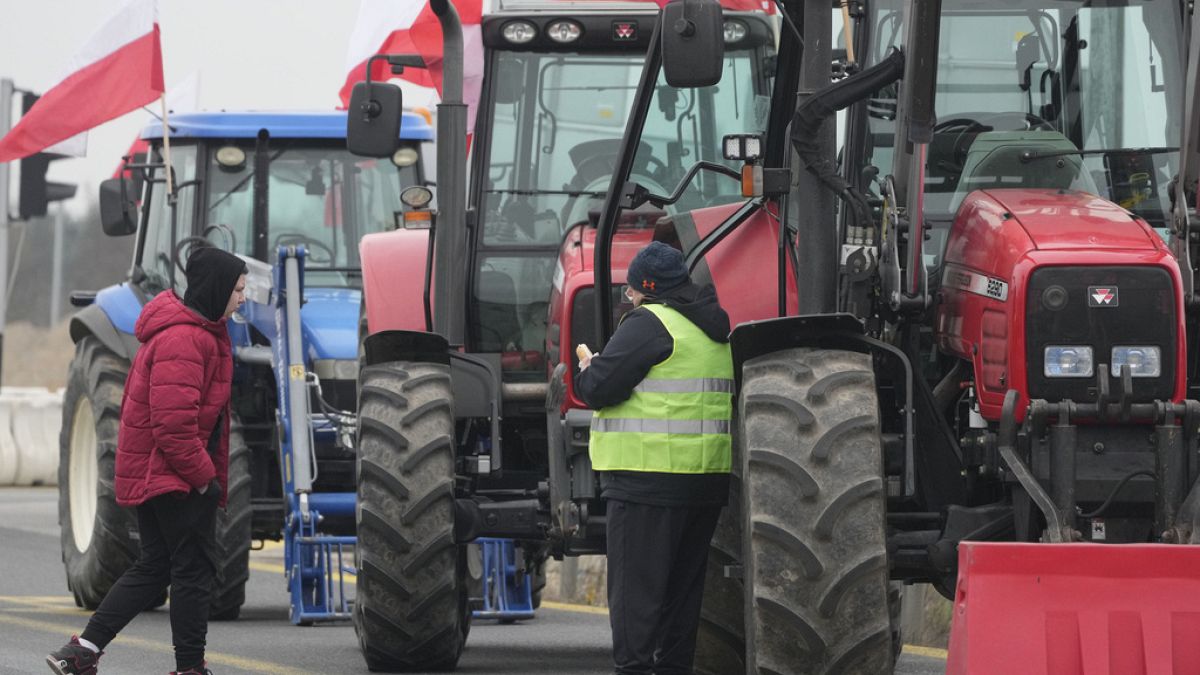The Polish agriculture ministry recently expressed reservations over the Mercosur agreement in a statement, citing concerns about the potential impact on the country’s agricultural sector. Specifically, the ministry highlighted worries about the effect on Poland’s meat industry and poultry production. The agreement aims to establish a free trade zone between the EU and Latin American countries such as Argentina, Brazil, Paraguay, and Uruguay by eliminating trade barriers. However, sensitive sectors like poultry are being carefully negotiated in the deal to address concerns raised by countries like Poland.
One of the major concerns raised by the Polish ministry of agriculture is the potential influx of imported poultry into the European market under the Mercosur agreement. The agreement currently allows for 180,000 tonnes of imported poultry to enter the EU after a gradual phase-in period of six years, which corresponds to 1.4% of the total annual EU poultry production. The ministry also expressed doubts about the effectiveness of the proposed warning mechanism in case of market imbalances caused by excessive imports, particularly in the agricultural sector. These concerns align with France’s opposition to the agreement, with French farmers fearing increased competition from Mercosur products.
France has been actively working against the Mercosur agreement, with the recent statement from Poland’s agriculture ministry serving as a welcomed development for the French government. French Prime Minister Michel Barnier is set to meet with EU Trade Commissioner Vladis Dombrovskis to discuss the deal further and advocate for the inclusion of high environmental standards, such as rules on deforestation. Negotiations are ongoing to potentially include a mechanism in the agreement allowing for its suspension in case of breaches of the Paris Agreement on climate, a key priority for the EU in the negotiations.
The Mercosur countries and the European Commission aim to finalize the deal in early December during negotiations in Uruguay. Despite the potential benefits the agreement may bring to the industrial sector, maritime transport, and services, concerns over its impact on sensitive sectors like agriculture continue to be a point of contention. With demonstrations expected in France against the deal and ongoing opposition from various stakeholders, the path to reaching a final agreement remains complex. The involvement of key players like Poland and France in expressing reservations underscores the challenges in finding a balance that satisfies all parties involved in the negotiations.











